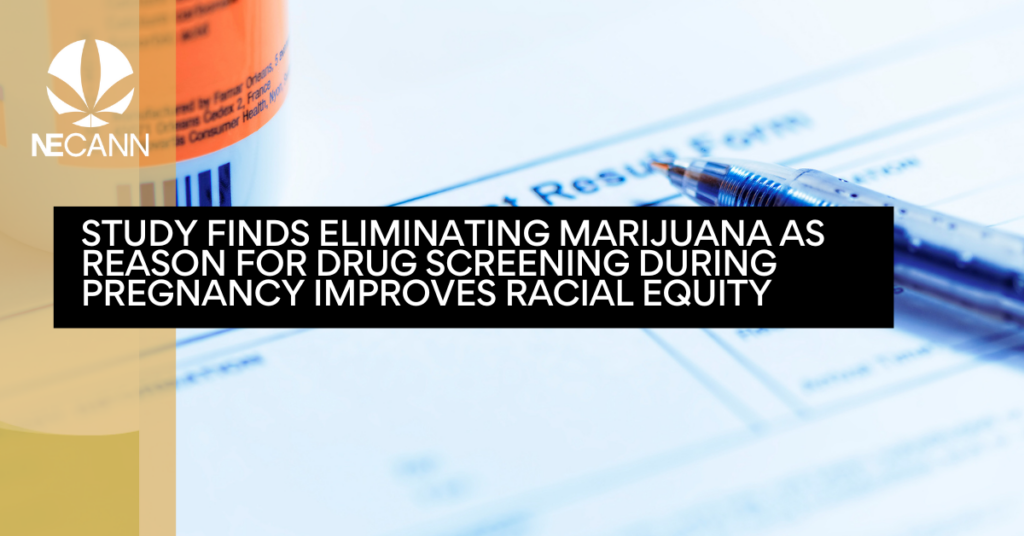A new federally funded study published in JAMA Network Open has revealed that removing marijuana use as a reason to order urine drug screenings during pregnancy leads to improved racial equity in testing and reporting to child protective services (CPS). The report also indicates no significant association between this change and neonatal outcomes, further supporting the push for policy reform aimed at reducing racial disparities in maternal healthcare.
The research, conducted by Washington University in St. Louis, found that Black patients were disproportionately more likely to undergo urine drug screening (UDS) and have positive results reported to CPS compared to their White counterparts. This practice has long been criticized for potentially exacerbating racial disparities in healthcare, as well as contributing to unnecessary fear among pregnant individuals who may avoid seeking care due to concerns about CPS involvement.
The study’s findings suggest that removing isolated cannabis use as a reason for UDS orders, alongside providing clinical decision support tools for healthcare providers, resulted in a reduction of drug screenings by more than 75%. More importantly, it helped reduce racial bias in screening and reporting practices, allowing for more equitable care for Black patients, who are often disproportionately impacted by this practice.
The study also showed a significant increase in the identification of non-prescribed drugs and non-cannabis substances, without any notable impact on neonatal health outcomes or the identification of substance use that could harm the fetus. The authors argued that this change could better balance the risks associated with prenatal drug screening and CPS reporting, while ensuring the safety of both parents and children.
However, the research acknowledges the potential harms of cannabis use during pregnancy, citing its association with negative fetal outcomes, such as developmental and neurocognitive issues. Despite these concerns, the authors emphasized that cannabis use in and of itself does not automatically equate to parental unfitness, challenging the assumption that it should be treated as a sign of neglect or abuse.
The study aligns with previous reports calling for a re-examination of how cannabis use is handled in pregnancy-related healthcare. In states where cannabis is legal, such as Missouri, policies like these are crucial to ensuring that individuals who are pregnant can access care without fear of criminalization or CPS involvement.
This new approach to drug screening and reporting serves as a reminder of the ongoing efforts to eliminate racial bias in healthcare systems and promote equity for all patients. By removing cannabis as a primary reason for urine testing, the study points to a potential path toward reducing stigma and ensuring that the healthcare system serves the needs of diverse populations.
Stay informed with daily updates on cannabis business news by subscribing to our newsletter.



